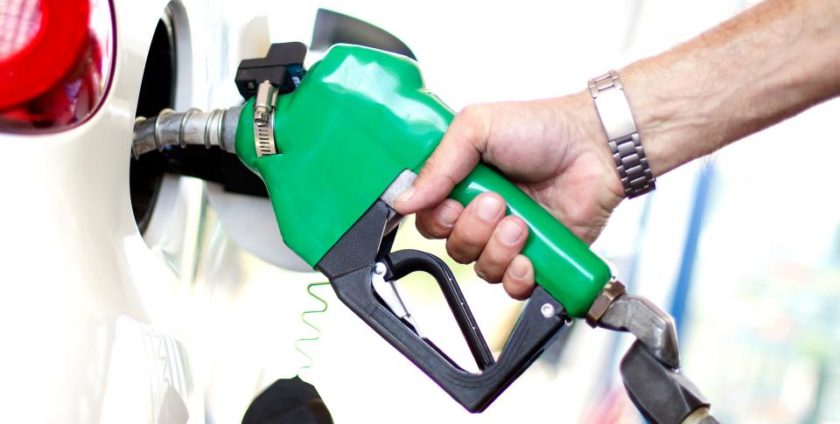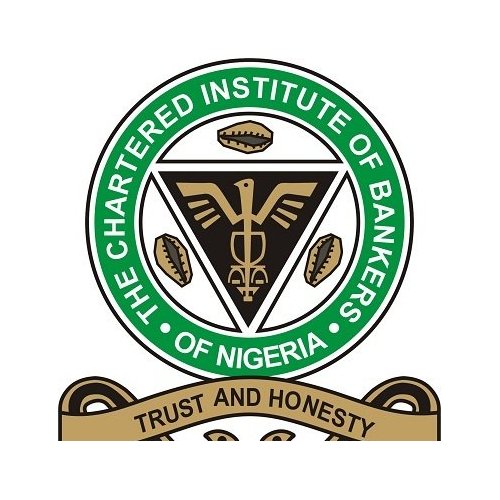Oil Marketers Call For Full Deregulation, Buffer Against Price Hike
The Major Oil Marketers Association of Nigeria (MOMAN) has reiterated a call for full deregulation of the downstream sector.
With oil trading at over $63 a barrel, MOMAN noted that the removal of petrol subsidy and price control would, no doubt, lead to more hardship for Nigerians.
It charged stakeholders to move from the deregulation of the downstream sector to seeking solutions to addressing such associated challenges.
Chairman of MOMAN, Adetunji Oyebanji, while addressing journalists, said with a fully-deregulated downstream industry, there is the fear of an increase in the cost of transportation, food items.
According to him, solutions to these challenges could come from a collective resolve by all stakeholders to face up to the challenges together, stressing that the nation must debate and share realistic initiatives to mitigate the impact of a pump price increase.
Oyebanji also said it had become imperative to have some clarity as to when optimal refining capacity would return to the country.
He maintained that Nigeria needs to track the progress of work at the refineries under construction across the country to ensure they are delivered timely, efficiently and sustainably.
‘‘The discussion we should be having today is how best to maximise the benefits of the removal of price controls and subsidies while minimising the adverse effects of this action on our citizens,” he said.
On cost reduction, the MOMAN boss said anyone involved in the fuel supply chain either as operators or regulators must demonstrate cost optimization in every practical and public way possible.
‘‘In line with the recently launched Nigerian Upstream Cost Optimization Program (NUCOP), efforts must be made to reduce costs of production, administration and governance throughout the petroleum value chain in the Nigerian petroleum sector, (particularly) the downstream, to promote efficiency and competitiveness within the industry and ensure value creation for all consumers’’, he added.
However, he stated that beyond this initiative being limited to the petroleum industry, we believe it is a notion that should be applied to the Nigerian landscape, particularly in the area of governance.
As promised by the government, he said a visible and measured reduction in the cost of governance throughout the polity would bring about savings that can be directed toward improving the livelihood of the average Nigerian, adding that cost optimization initiative would demonstrate to Nigerians the good faith of the decision-makers in both the public and private sectors.
‘‘We stand with Nigeria and Nigerians through this difficult time and support the Federal Government’s promise to pass the PIB this year and fully deregulate the petroleum downstream sector. The benefit of a liberalized downstream is the most visible means of growing the economy in the medium to long term. Nigeria can become the refining hub of West and Central Africa and eventually the whole of Africa if we stick to this path of investing in new refineries, adopting a cost optimization initiative, building an environment that promotes competition and creates a sustainable petroleum sector.




